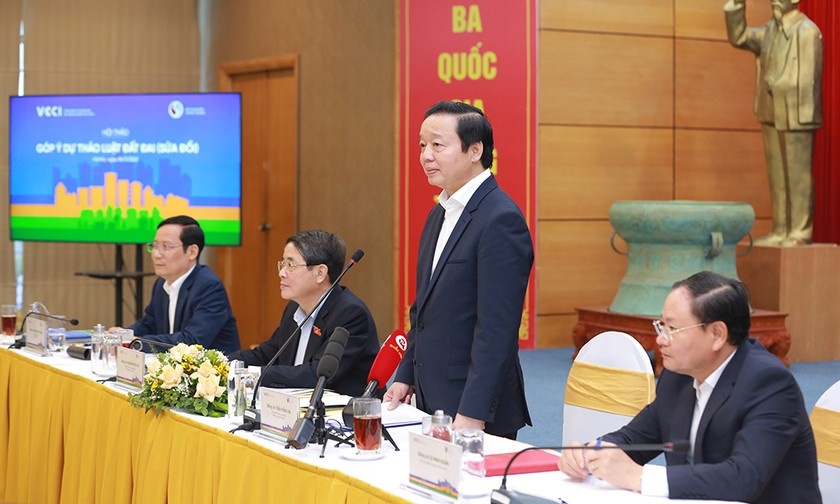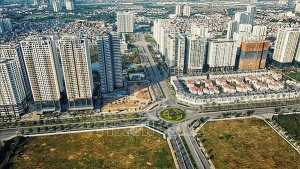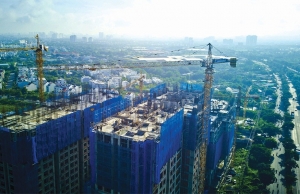Amended Land Law to provide land value index close to market value
 |
| Deputy Prime Minister Tran Hong Ha addressing the conference. Photo: VNA |
Speaking at the conference on amended draft land law on March 8, Deputy Prime Minister Tran Hong Ha urged academics and corporate executives to consider how land prices can be maintained at a level that is comparable to market pricing, how the emphasis can be shifted by administrative tools to ensure the appropriate use of economic instruments, and how a fair and equitable land environment can be created so that the extra land value can be accounted for during planning.
He said the lack of a proper land valuation system would result in serious repercussions, and this was the central problem of land financing. This upgrade would implement a land valuation approach based only on statistics. The land value list will be as similar to the actual price as possible and will be updated as the market swings.
There are now five ways to determine the value of land, although it is hard to pinpoint the precise value.
The DPM believes that the land pricing list will serve as the basis for carrying out fair and transparent land acquisition, and compensation, while harmonising the added value of land and guaranteeing justice between individuals, the state, and enterprises, as well as across regions and between projects.
While commenting on the amended draft Land Law, experts and the corporate sector raised a number of additional difficulties, including land acquisition, policies, price contradictions.
Vietnam is modifying the Land Law to address practical issues, develop land resources further, settle disputes, and eliminate overlaps between the Land Law and other laws.
In October, the National Assembly is expected to review and adopt the updated Land Law draft. The deadline for public comments is March 15.
 | Opinions for draft revised Land Law collected from today Opinions for the draft Land Law (revised) will be collected from people from all walks of life from January 3 to March 15. |
 | Law on Land amendments to usher in positive changes The revised Law on Land, designed to ease bottlenecks in the real estate market, is also required to ensure synchronisation to improve the efficiency of land management and use. Scheduled to be approved by the National Assembly in 2023, the legislation will act as a driving force for Vietnam’s economy in the next period. |
 | Land law considerations for non-nationals With the current Law on Land, many foreign businesses have encountered multiple challenges related to real estate while investing in Vietnam. Pham Duy Khuong, managing director of ASL Law, explains why the country must remove these issues as soon as possible in order to keep Vietnam attractive. |
What the stars mean:
★ Poor ★ ★ Promising ★★★ Good ★★★★ Very good ★★★★★ Exceptional
Related Contents
Latest News
More News
- Saigon Centre gains LEED platinum and gold certifications (February 12, 2026 | 16:37)
- Construction firms poised for growth on public investment and capital market support (February 11, 2026 | 11:38)
- Mitsubishi acquires Thuan An 1 residential development from PDR (February 09, 2026 | 08:00)
- Frasers Property and GELEX Infrastructure propose new joint venture (February 07, 2026 | 15:00)
- Sun Group led consortium selected as investor for new urban area (February 06, 2026 | 15:20)
- Vietnam breaks into Top 10 countries and regions for LEED outside the US (February 05, 2026 | 17:56)
- Fairmont opens first Vietnam property in Hanoi (February 04, 2026 | 16:09)
- Real estate investment trusts pivotal for long-term success (February 02, 2026 | 11:09)
- Dong Nai experiences shifting expectations and new industrial cycle (January 28, 2026 | 09:00)
- An Phat 5 Industrial Park targets ESG-driven investors in Hai Phong (January 26, 2026 | 08:30)

 Tag:
Tag:




















 Mobile Version
Mobile Version